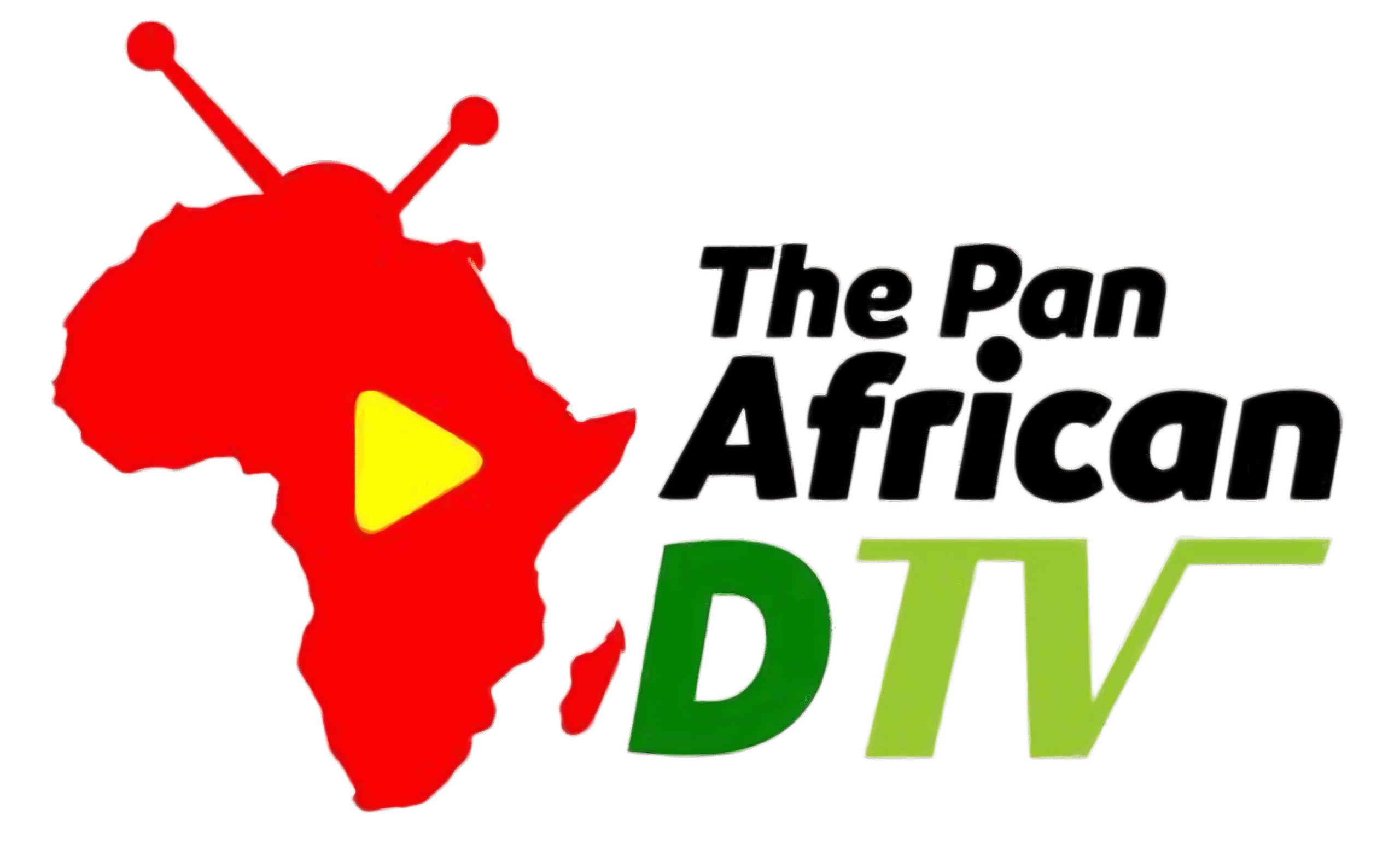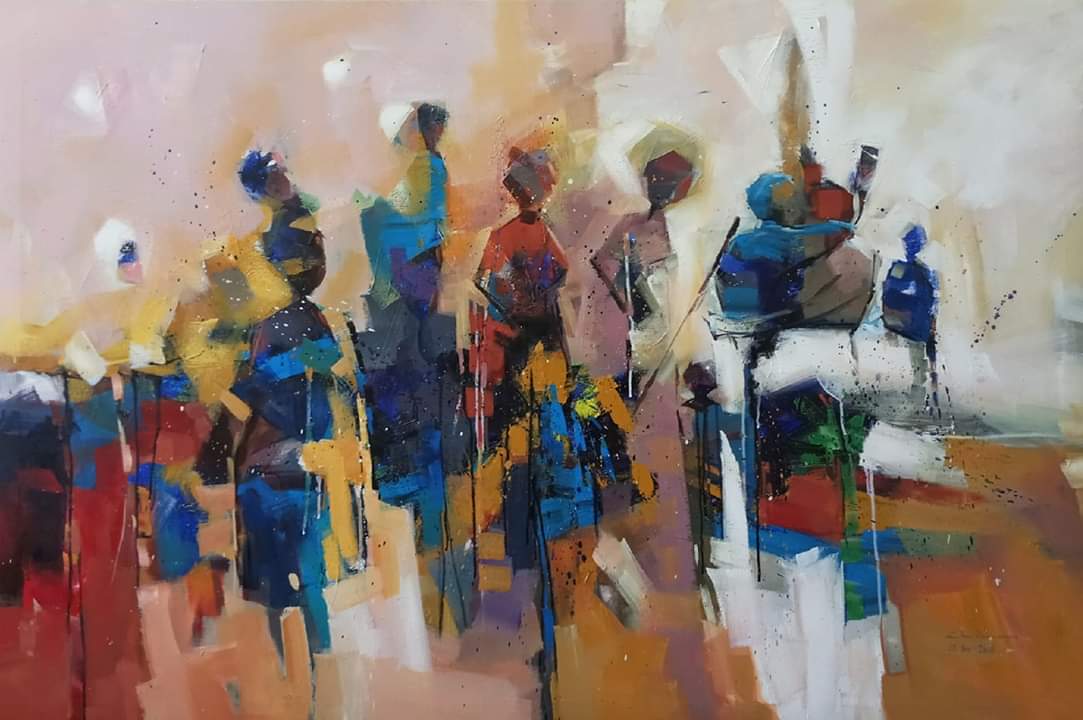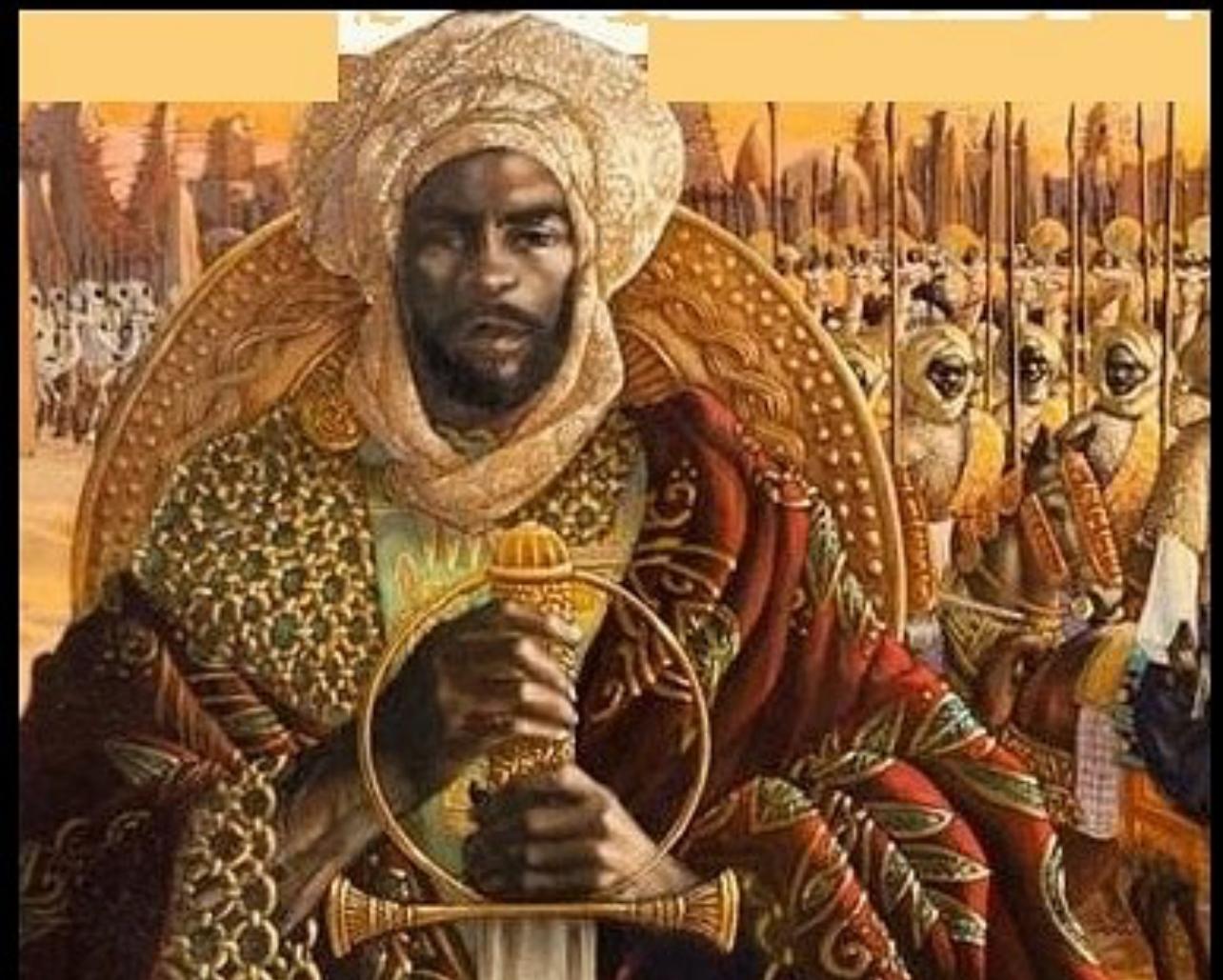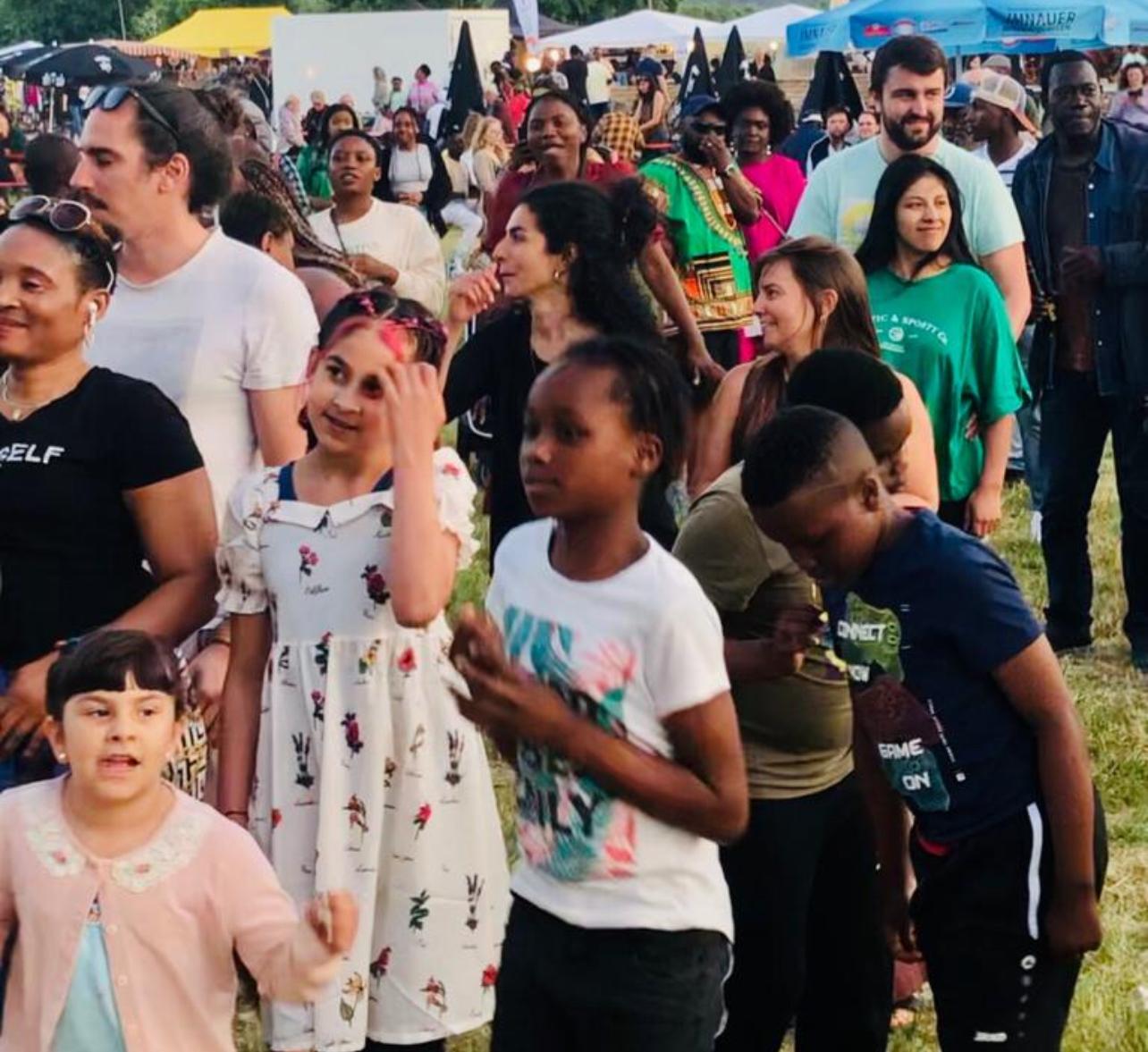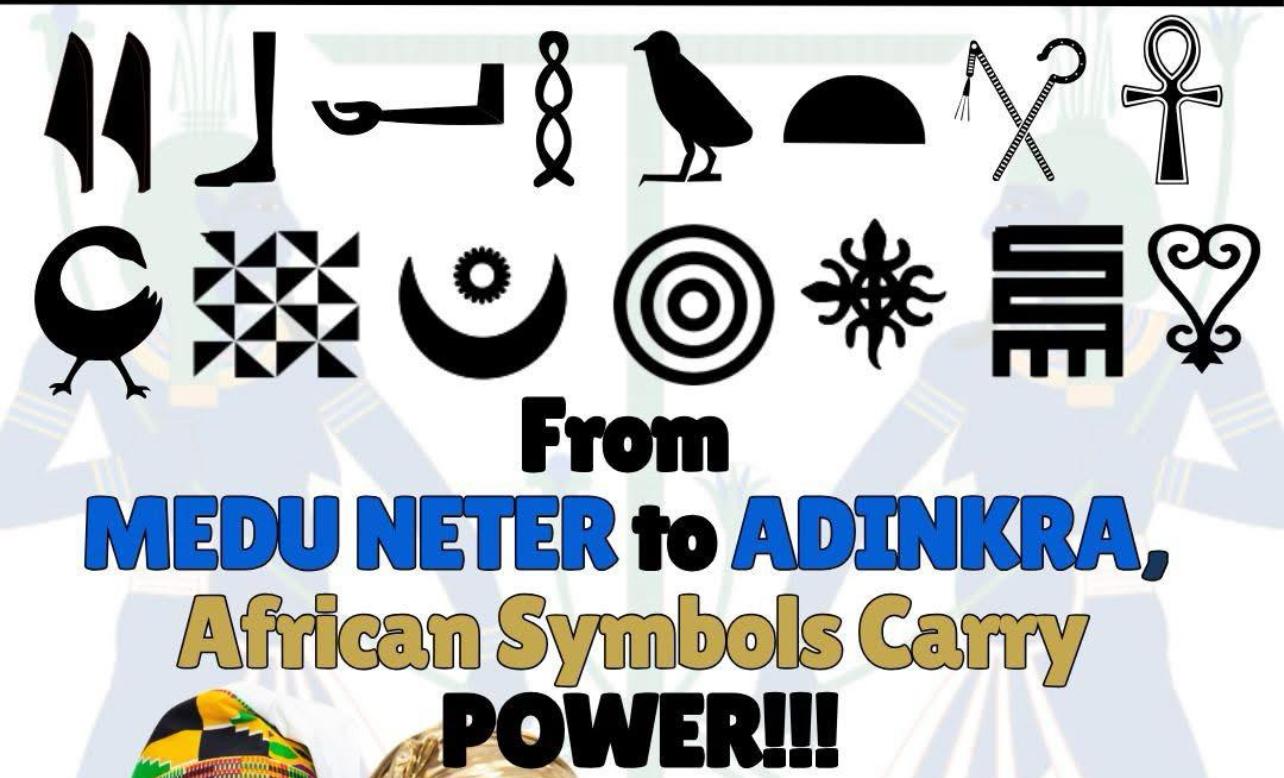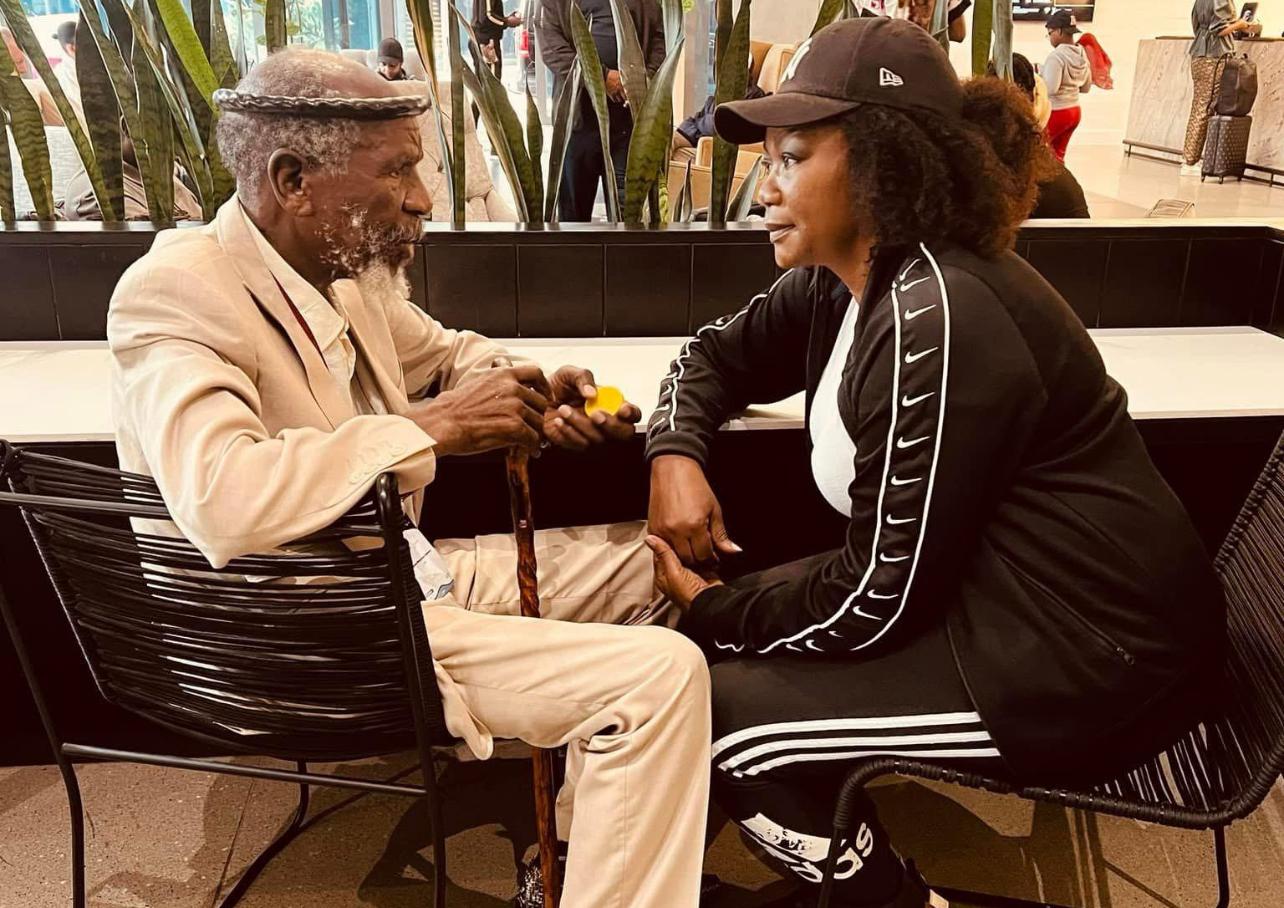“Study Your African History, Erase the Mystery” underscores the urgent need for cultural education and media reform. By studying and promoting African history, we can challenge long-standing myths, foster pride among African communities, and create a more inclusive and accurate portrayal of the past. While significant challenges remain, the rise of digital media and the global demand for diverse stories offer a promising path forward.
To truly “erase the mystery,” media stakeholders must commit to amplifying African voices, investing in authentic storytelling, and ensuring that African history takes its rightful place in the global narrative.
“Study Your African History, Erase the Mystery” serves as a powerful call to action for self-discovery, cultural education, and the dismantling of stereotypes. In the modern media landscape, African history is often underrepresented, misrepresented, or narrowly framed within colonial narratives. This analysis explores the significance of promoting African history in media, the challenges it faces, and its potential to reshape global perceptions and empower African communities.
Media, as a primary disseminator of knowledge, plays a pivotal role in shaping historical narratives. For decades, films, documentaries, books, and social media platforms have been instrumental in either perpetuating myths about African history or challenging them.
The portrayal of Africa as a homogeneous entity filled with poverty and conflict undermines its diversity and rich historical legacy. Colonial and Eurocentric media have long minimized the contributions of African civilizations like Ancient Egypt, the Mali Empire, and the Kingdom of Benin to global history, leaving a vacuum of understanding.
Though contemporary African creators are reclaiming narratives through films like Black Panther, series such as African Queens, and platforms like YouTube and TikTok. However, these media formats still face limitations on proper representation to celebrate Africa’s achievements, leaders, and cultural diversity. Fact is they have contributed to “erase the mystery” Africa’s stories were passed on from generations through the art of story-telling
Therefore, studying African history goes beyond academic pursuit—it empowers people of African descent and educates global audiences about the continent’s contributions to humanity.
For Africans and the Diaspora, understanding history is a form of identity reclamation. It fosters pride and self-worth while countering stereotypes, movements such as “Afrocentrism” emphasize the need for African people to view history through their own lens
African history is not just African—it is global history. From ancient trade routes to technological innovations, Africa’s influence has shaped economies, politics, and cultures worldwide. A well-informed media audience helps break down biases and cultivates cross-cultural understanding.
Despite progress, several obstacles hinder the proper dissemination of African history in the media:
Many mainstream media outlets still prioritize Eurocentric narratives, limiting African voices, African creators often face funding and visibility challenges, Complex histories are often reduced to single-story narratives, such as portraying pre-colonial Africa as “uncivilized.” This oversimplification fuels stereotypes and ignores Africa’s diverse societies and innovations., Political interests in some regions suppress the promotion of authentic African history, Limited access to educational content in underprivileged areas perpetuates ignorance.
The advent of digital platforms offers a transformative opportunity to challenge outdated views. Social Media platforms such as Pan-African Daily TV have created spaces for African history to thrive, facilitate discussions on forgotten African heroes, cultural achievements, and pre-colonial civilizations.
Pan-African DailY TV use the social media space to bridge the gap between Africans on the continent and those abroad, creating a unified narrative that celebrates their shared heritage.
Festivals of African culture like Afrika Festival Tübingen-Germany, The Africa we want e.V organization such as offer opportunities to connect with Africans, learn about their history and how they view the world
#AfricanHistoryMonth #DecolonizeHistory
